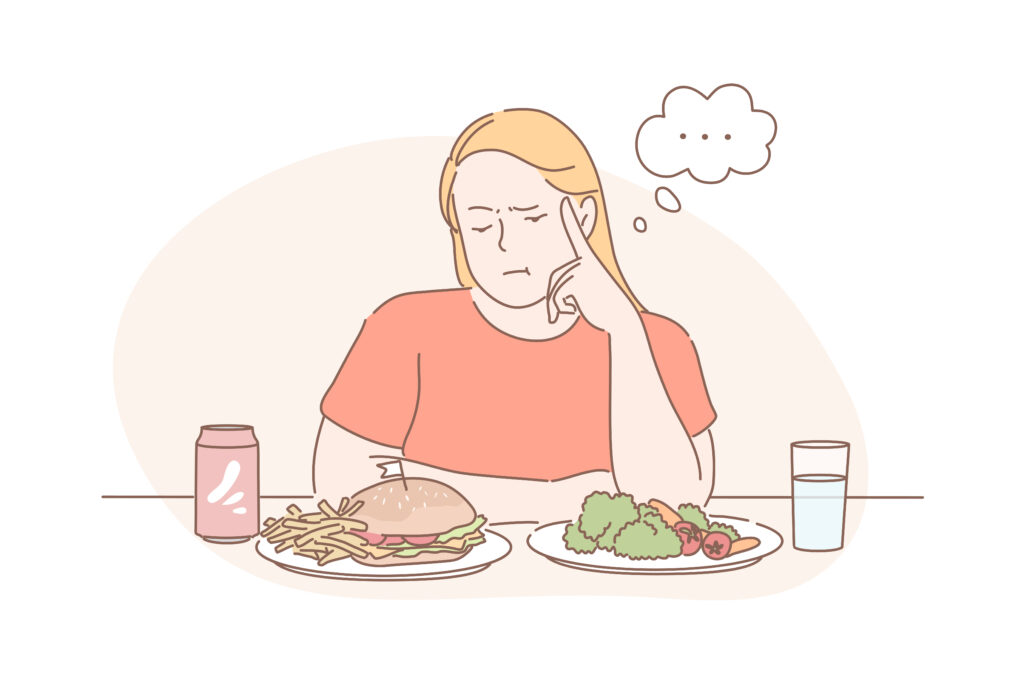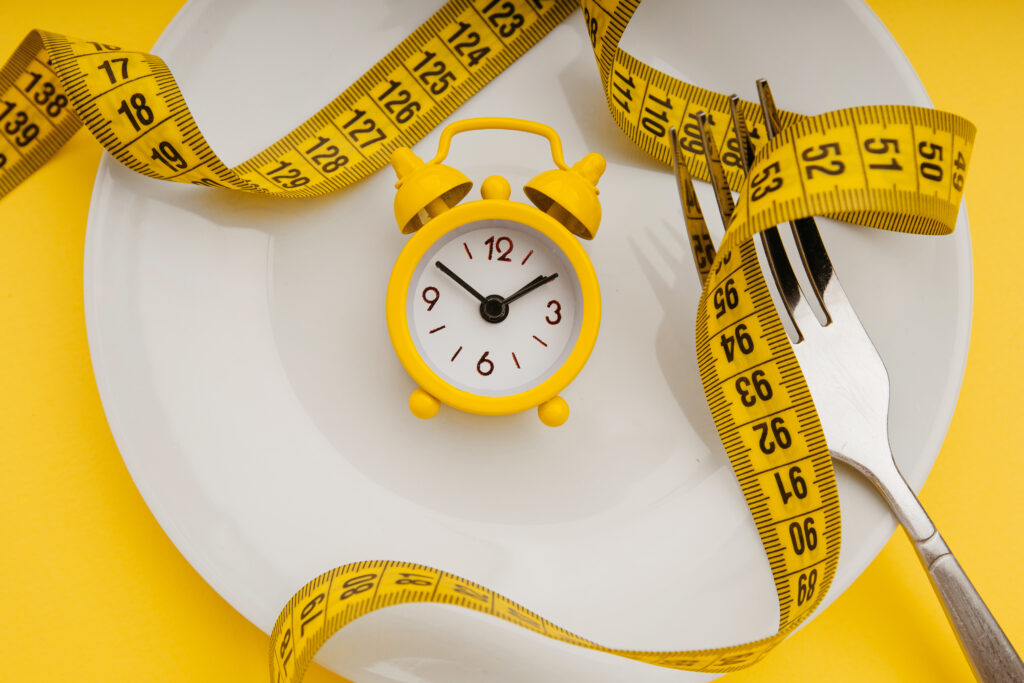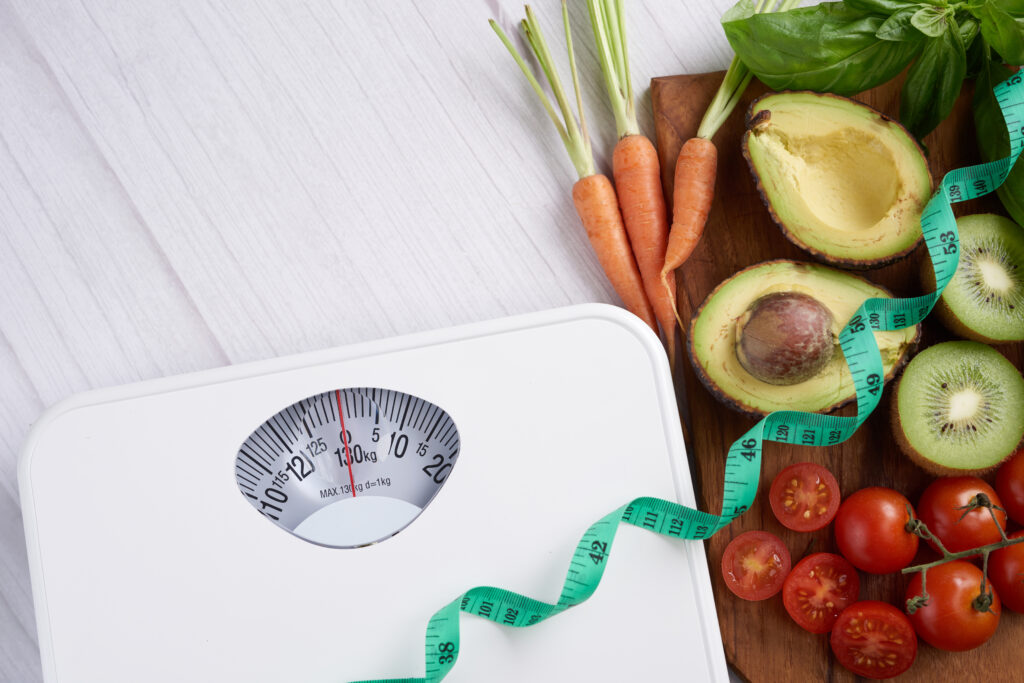
Successfully losing weight or not, it's not about the lottery!?
Obviously follow the online menu, obviously follow the weight loss method in the market, but why there are no results at all? Why does it bounce back after a successful weight loss? Losing weight is indeed an advanced science, and it’s easy to feel discouraged.
Do not give up! Let us answer your weight loss doubts first.
Six common weight loss myths
Can exercise after binge eating stop pounds from gaining?
Sharp drop effect of weight loss after three months?
Can you lose weight successfully by eating only vegetables and fruits for three meals?
Looking skinny but not losing weight obviously?
Can losing weight on a diet lose weight faster?
Can you lose weight by cutting carbohydrates?
Pros and Cons of Other Weight Loss Diets
168 Diet



Prolonged fasting prompts the body to consume stored fat to generate energy and achieve weight loss.
- Weight rebound: If you continue to eat high-sugar, high-fat foods within the 8-hour eating time, resulting in excessive calorie intake, the weight will not lose but gain.
- Muscle loss: If the fitness group aims to gain muscle, a lack of protein and sufficient nutrient intake may cause muscle loss.
- Eating disorders: Without proper dietary guidelines and awareness of your own eating habits, eating disorders may occur.
- Hyperglycemia, diabetic patients
- Pregnant and lactating women
- Patients with eating disorders (e.g., anorexia, bulimia)
- Developing teens
- Drink more water
- Reasonable control of calorie
- Customize the fasting period according to your personal schedule. For example, office workers can start eating at 12:00 noon and finish eating before 8:00 p.m.
Ketogenic Diet



- Weight loss: The ketogenic diet increases the metabolic rate, helps burn more calories, and enables the body to use protein and fat as energy sources to consume fat.
- Appetite suppression: Protein digestion is slow and satiety is stronger, ketogenic diet promotes leptin secretion and reduces appetite.
- Control blood sugar: Improve insulin sensitivity.
- Ketosis Flu: Those who are initially exposed to the ketogenic diet may experience the following symptoms: fatigue, dizziness, headache, mood swings.
- Constipation: Dietary fiber is a type of carbohydrate, and a low-carb ketogenic diet can easily lead to constipation.
- Malnutrition: The ketogenic diet restricts the intake of vegetables, fruits, grains, and so on, which contain essential vitamins, minerals, and antioxidants, and the ketogenic diet lacks sufficient trace elements.
- High cholesterol: Ketogenic diets may absorb more saturated fat, increase low-density lipoprotein, or bad cholesterol, and increase the risk of cardiovascular disease.
- The burden on kidneys and liver: Long-term ketogenic diet may lead to kidney stones and liver disease.
- Not suitable for long-term eating habits: High-fat diet is difficult to adhere to, and a long-term ketogenic diet affects high-intensity exercise performance as well as causing cardiovascular disease, kidney burden, and other health problems.
- Patients with liver disease
- Patients with gallbladder disease or cholecystectomy
- (Previously suffered from) Patients with eating disorders
- Pregnant and lactating women
- The ketogenic diet is mainly used in medicine to treat neurological diseases such as epilepsy, Parkinson’s disease, and Alzheimer’s disease. It is not recommended to use the ketogenic diet for weight loss for more than 4 weeks.
Gluten-free diet



A gluten-free diet can help reduce the consumption of high-calorie foods such as cakes, cookies, burgers, pizza, and so on.
Some gluten-free snacks and desserts on the market only reduce the amount of gluten-free ingredients, but are still high in sugar and fat, so gluten-free foods may not help weight loss, and are even higher in calories than gluten-free foods. In addition, studies have pointed out that a gluten-free diet will reduce the diversity of intestinal flora and the number of bifidobacteria and lactobacilli as well as increasing the number of Enterobacteriaceae (Enterobacteriaceae), and Escherichia coli (E.coli), which affect intestinal health.
- Wheat allergy
- Celiac disease
- Gluten intolerance
Some people suffer from celiac disease, and gluten can trigger an immune response in the small intestine. When eating gluten, it can cause diarrhea and even intestinal inflammation, so a gluten-free diet is required. However, people without celiac disease who follow a gluten-free diet can disrupt the gut microbiome and be deficient in certain vitamins.